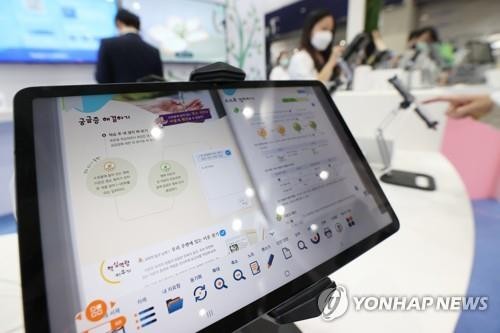 |
| Digital textbooks are displayed at an education fair in Seoul in September 2022. (Source: Yonhap) |
The introduction of AI digital textbooks in schools is part of the government’s digital education innovation policy, which uses virtual reality (metaverse) technology and AI interactive technologies, the Ministry of Education said on June 8.
The use of digital textbooks is expected to enable appropriate learning for each student at different levels, the ministry said. Third and fourth grade primary school students, and first-year middle and high school students will be the first to benefit from digital textbooks, primarily in the subjects of mathematics, English and computer science.
According to the roadmap, by 2026, digital textbooks will be available to fifth and sixth graders in elementary school and second-year students in middle school, with four other subjects being "digitalized": Korean, social studies, science and technology, and home economics. Next year, third-year students in middle school will have access to digital textbooks.
By 2028, digital textbooks will be applied to all subjects, except for movement-based subjects such as music, art, physical education and ethics, which require face-to-face education for character cultivation.
For primary school students, first and second graders will not be able to use this type of book, because they are too young to be exposed to digital devices.
The South Korean Ministry of Education said the AI digital textbook is capable of suggesting basic learning tasks, such as understanding basic concepts for slow learners, and in-depth learning tasks, such as discussions and essay writing for fast learners.
The advent of digital textbooks does not mean that paper textbooks in schools will be phased out. According to a ministry official, the two types of books "will be used simultaneously in schools in the future until all students, parents and teachers can proficiently use AI digital textbooks and achieve the desired educational effect."
Source






























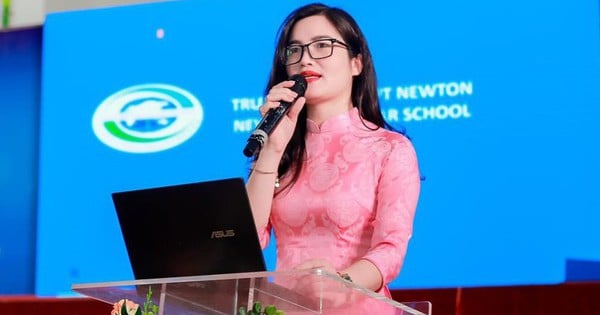



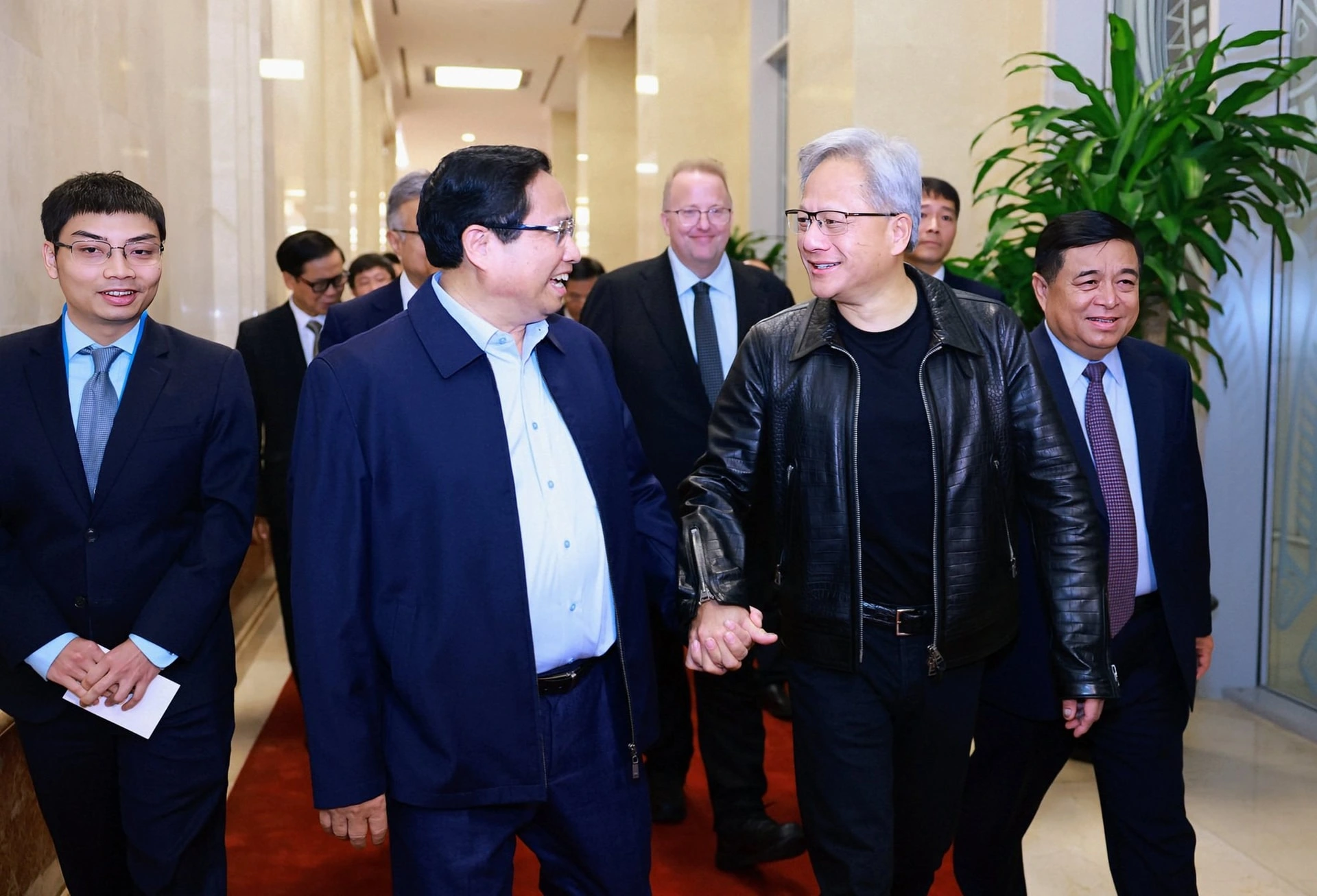



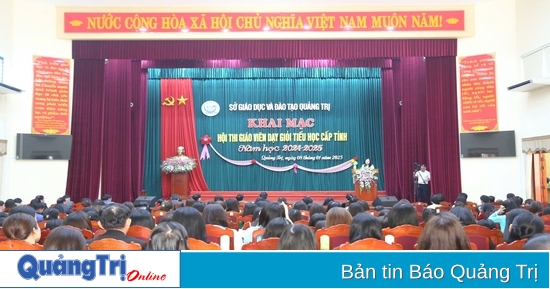




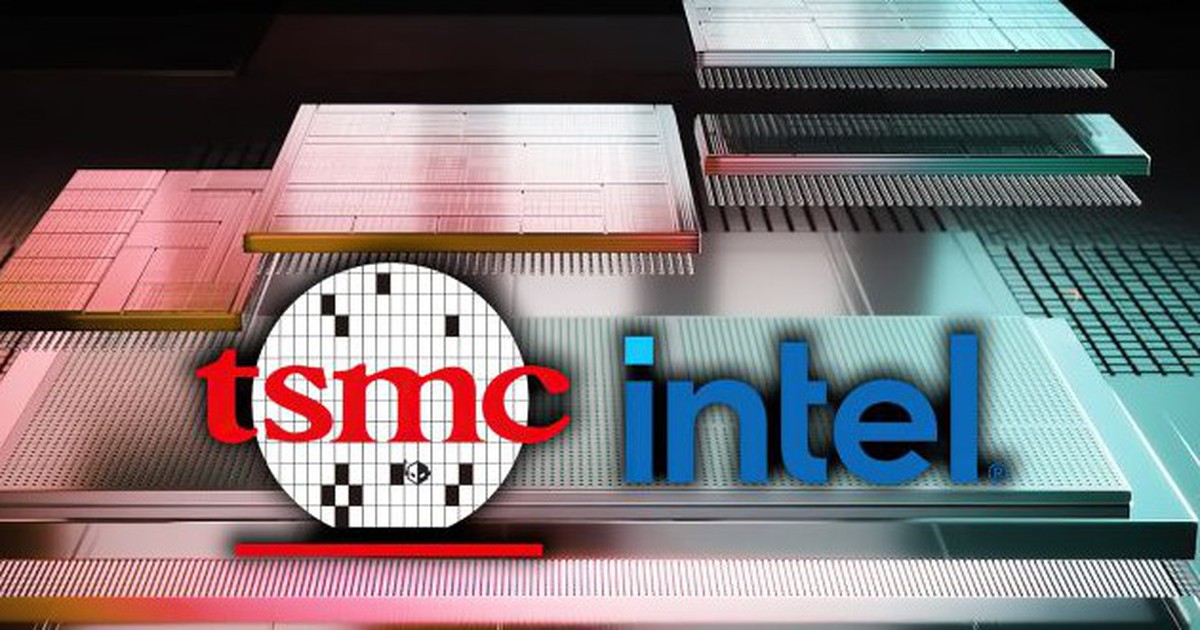

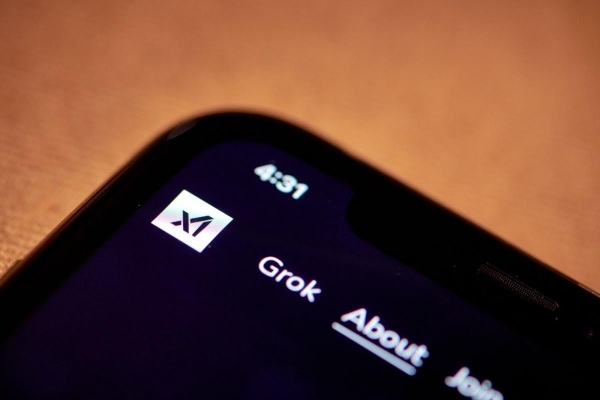






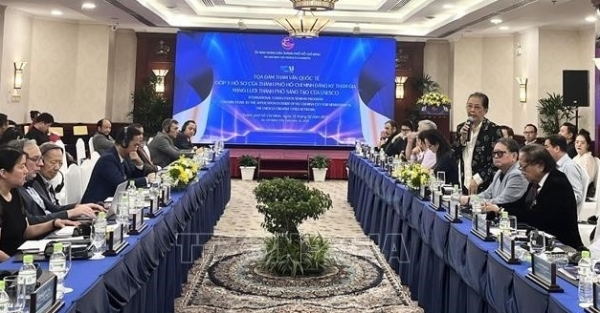













Comment (0)